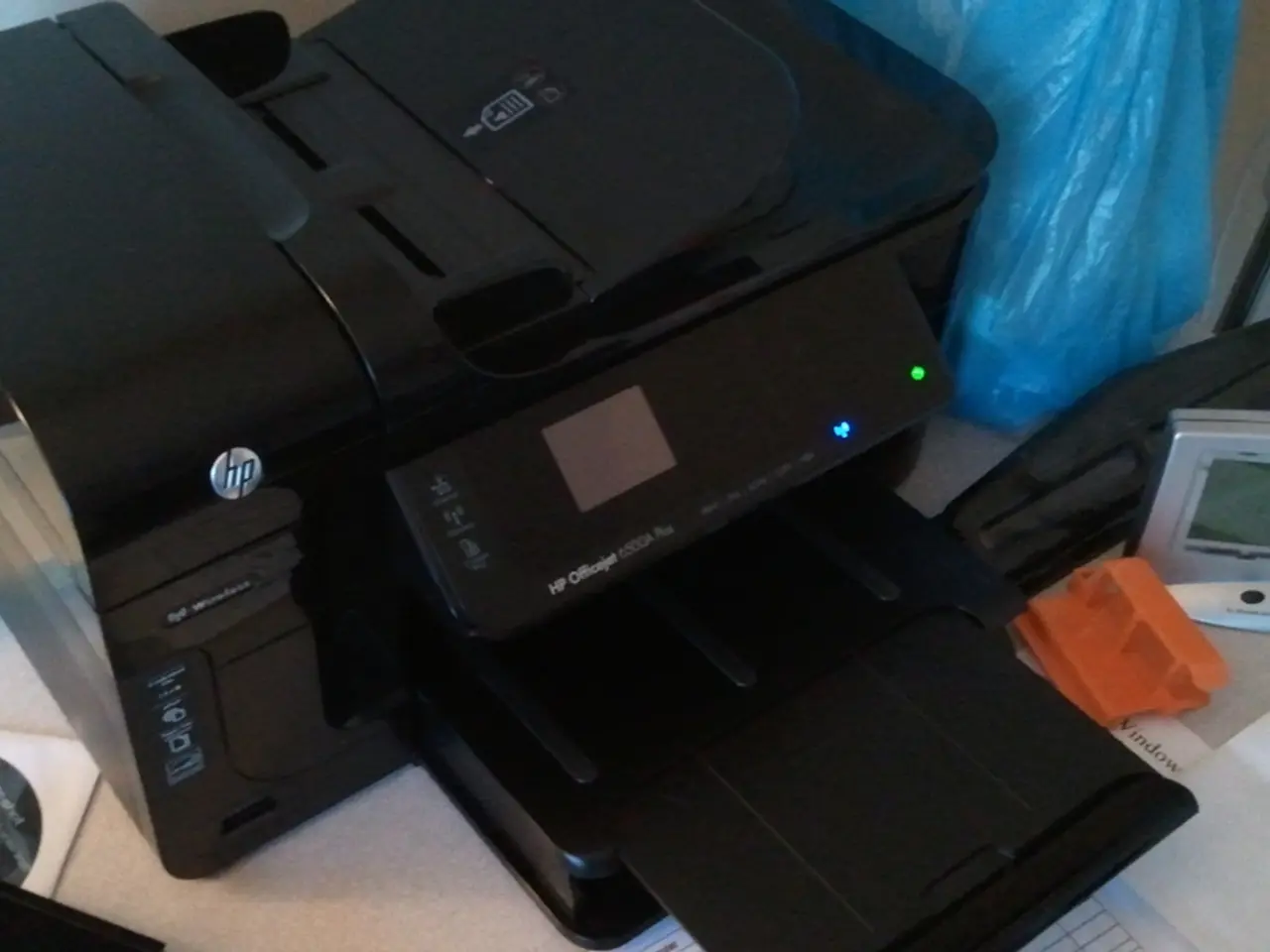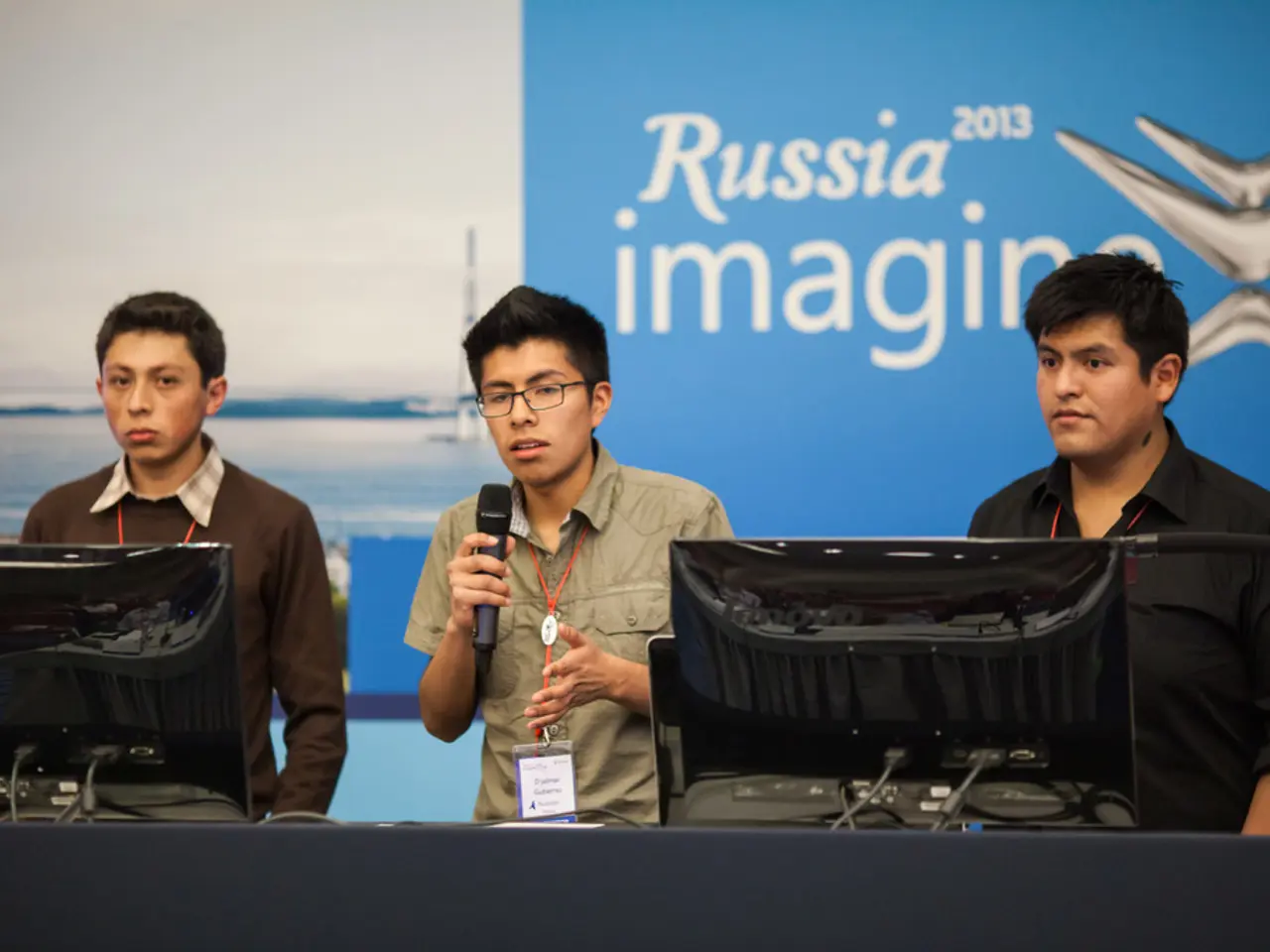India-Based Company Quietly Advances Smart, User-Friendly, and Accessible Printing Technology
In a Surprising Twist, Brother India Brings the Power of Printing to the Masses
When it comes to Japanese corporations setting foot in India, the picture that often pops up in our minds is one of strict formality, immovable hierarchies, and reserved leadership. But when Alok Nigam, the first Indian Managing Director of Brother India, opens his mouth, he speaks with a remarkably down-to-earth and easy-to-understand perspective, blending global aspirations with distinctly Indian sensibilities.
"I consider myself privileged to be the first local MD," he shares with a calm sense of pride. "It wasn't difficult to mesh in. I've been with Brother since 2011, and the Indian and Japanese working styles aren't all that different."
This cultural synergy has played a pivotal - if under-the-radar - role in shaping Brother's steady climb in India. As the humble printer transforms into a vital tool for hybrid work, remote learning, and cloud-powered operations, Brother is stepping up to the plate and refusing to play catch-up.
Revolutionizing Printing for the Mobile Generation
Nigam is adamant about one thing: Brother has always been at the forefront of technology. "All our printers, whether 15 years ago or now, have always been ahead in terms of technology," he says.
In today's world, users don't want to be chained to a printer. Students sending documents from a hostel, professionals working off a tablet at a cafe - Brother's printers support remote printing, providing robust security layers to protect sensitive data. "Only the person who commands the print can access it," Nigam notes.
"We view B2C customers as the foundation of our business," Nigam said. "With our latest launch of 17 new printers, including advanced laser models, we're raising the bar on specs at each price point." He explained that Brother is dedicated not only to delivering top-tier print quality but also to evolving their offering to ensure genuine consumables are always readily available – from Chennai to Chhapra.
"In India, the shortage of authentic cartridges and toners has historically compromised machine longevity and output," Nigam admits. "Our focus is to make genuine consumables available nationwide, giving each customer a consistently excellent ownership experience."
And it's not just the tech-savvy urban elite they're catering to.
Redefining Service, One Doorstep at a Time
For a brand renowned for its reliability, Brother is putting a massive bet on post-sale experience.
"No user ever needs to step foot into a service center," Nigam asserts. "We offer on-site service, even for individual customers." That means a new printer owner in Bhopal gets the same premium service as an IT admin in Bangalore.
Pair that with affordable toner solutions like the Toner Box Series, and you have a consumer-focused ecosystem that's as much about care as it is about capability.
Label Printers: The Unsung Heroes of Industry
If you thought label printers were limited to niche applications, think again.
In Indian offices and factories, labeling has long been an afterthought - unprofessional handwritten stickers that quickly fade or peel off. This is one of the key focus areas for Brother. "We've introduced hardy, laminated labels designed for extreme conditions," says Nigam. Labels that can stand up to high humidity, high heat environments where a typical label wouldn't last a week.
"Asset tracking, industrial tools, even home organization - we're seeing increasing acceptance in all these sectors," he adds. And yes, it's a significant area of focus for Brother going forward.
Shifting Behaviors: The Battle Against Refill Culture
One of Brother's quieter missions is about changing consumer behavior. In a cost-conscious market, cheap refills may seem tempting, but they come with hidden costs: reduced printer lifespan and sub-par print quality.
Nigam doesn't mince his words here. "India hasn't been particularly strong on genuine consumables," he admits. "We're changing that by guaranteeing nationwide availability of original cartridges." There's an environmental angle too. "Refills are often not eco-friendly," Nigam adds. "Our mission is to promote sustainable usage across all sections."
Reaching Beyond the Metros: The Next Big Wave
So where's the next big growth wave coming from? According to Nigam, it's not Delhi or Mumbai.
Brother is investing heavily in Tier 2 and Tier 3 cities, setting up distribution and bolstering service networks. The aim is to be within arm's reach of the customer, no matter where they are.
"Tier 2 and Tier 3 cities are seeing rising laptop penetration and internet usage," Nigam explains. "To meet this demand, we're appointing localized distributors and beefing up our service network, so that every customer, from Chennai to Chhapra, receives prompt, on-site support."
Sustainability, Not Just in Theory: Brother in Action
Beyond products and support, Brother's broader goals reflect their alignment with the UN's Sustainable Development Goals. From e-waste recycling to funding cancer treatment and supporting children's education, the brand is living up to its commitments.
"It's engrained in our DNA," Nigam says without a hint of pretense.
Brother India's approach to business differs significantly from the flashy launch events and bold marketing tactics we've come to expect. Under Alok Nigam's leadership, Brother is demonstrating that quiet reliability can deliver global excellence while maintaining a distinctly Indian touch.
"Brother's printers, with their robust security and remote printing capabilities, are not just catering to the tech-savvy urban elite but also to those working in Tier 2 and Tier 3 cities, promoting a seamless lifestyle for everyone, regardless of location."
"In line with the United Nations' Sustainable Development Goals, Brother India is committed to more than just producing quality products. They are actively involved in e-waste recycling, funding cancer treatment, and supporting children's education, symbolizing their dedication to sustainability and social responsibility."




